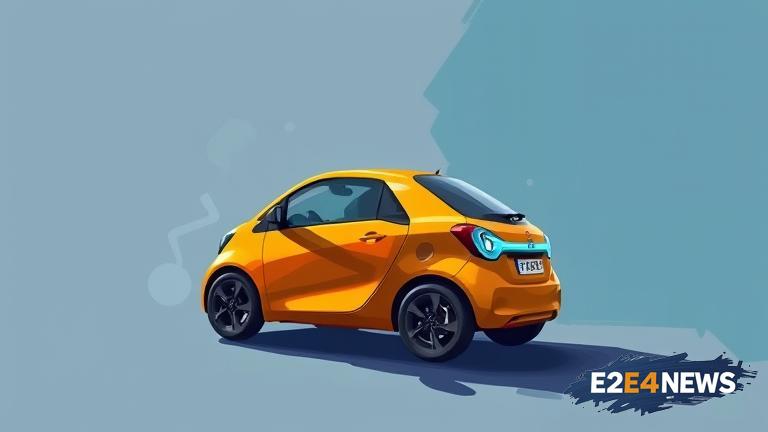The Indian government has announced a comprehensive plan to promote the adoption of electric vehicles (EVs) in the country. The plan includes a range of incentives and initiatives aimed at encouraging the use of EVs, reducing greenhouse gas emissions, and improving air quality. According to reports, the government plans to offer subsidies to EV manufacturers, as well as to consumers who purchase EVs. The subsidies are expected to be in the form of tax exemptions, reduced registration fees, and other benefits. Additionally, the government plans to invest in the development of EV charging infrastructure, including the installation of charging stations along highways and in urban areas. The plan also includes measures to promote the use of EVs in public transportation, such as buses and taxis. The government has set a target of having at least 30% of all new vehicle sales be electric by 2030. To achieve this goal, the government plans to work with state governments, industry stakeholders, and other organizations to create a supportive ecosystem for EVs. The plan also includes measures to promote research and development in the field of EVs, including the establishment of research centers and testing facilities. Furthermore, the government plans to provide training and education programs for workers in the EV industry, as well as for consumers who are interested in learning more about EVs. The plan is expected to have a significant impact on the environment, as EVs produce zero tailpipe emissions and can help reduce air pollution in urban areas. The plan is also expected to have economic benefits, as it will create new jobs and stimulate investment in the EV industry. The government has estimated that the plan will create over 1 million new jobs in the EV sector by 2030. The plan has been welcomed by industry stakeholders, who see it as a major opportunity for growth and development. However, some experts have raised concerns about the feasibility of the plan, citing the need for significant investment in infrastructure and the potential for disruptions to the existing automotive industry. Despite these challenges, the government remains committed to its goal of promoting the adoption of EVs and reducing the country’s dependence on fossil fuels. The plan is part of a broader effort by the government to reduce greenhouse gas emissions and mitigate the impacts of climate change. India has set a target of reducing its carbon emissions by 33-35% by 2030, and the promotion of EVs is seen as a key part of this effort. The government has also announced plans to increase the use of renewable energy, improve energy efficiency, and promote sustainable land use practices. Overall, the plan to promote the adoption of EVs is an important step towards a more sustainable and environmentally-friendly transportation system in India. With its rich natural resources, growing economy, and large population, India has the potential to become a leader in the global EV market. The plan is expected to have a significant impact on the country’s transportation sector, and will help to reduce air pollution, greenhouse gas emissions, and dependence on fossil fuels. The government’s commitment to promoting EVs is a positive step towards a more sustainable future, and is expected to have far-reaching benefits for the environment, economy, and society as a whole.
